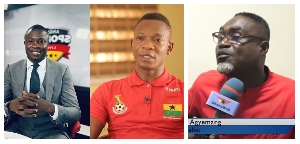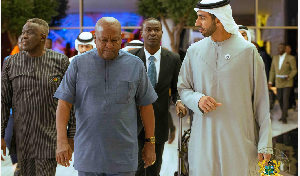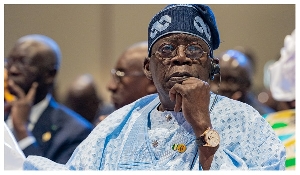Investigroup LLC, a full-service business development group, general management and financial consulting firm has signed a Memorandum of Understanding (MoU) with MFAR Group of Companies to renovate and/or construct roads in Ghana.
During a visit to Oman in the Middle East in September 2018, Investigroup’s CEO Dr. Owusu Kizito accompanied by the Group’s CFO Dr. Peter Ikre; German consultant Christian Piendl; local representatives Humaid Al Habsy, Ahmed and Dr. Salim Al Kindi signed the MoU with MFAR Group Chairman Dr. P. Mohamed Ali, an Omani multibillionaire industrialist.
The 10-year-MoU would see Investigroup invest about $10 billion in Ghana’s roads as it looks forward to assessing the current road network with the aim of identifying and building roads from scratch; expanding some existing roads as well as maintaining others.
In Ghana, it is estimated that road transport accounts for 96% of passenger and freight traffic. The country loses billions of cedis worth productive hours as a result of bad roads and congestions in the urban areas.
A research conducted in 2017 by Dr. Jonathan Annan, a senior lecturer at the Kwame Nkrumah University of Science and Technology Business School showed traffic constitutes about 10.5% of the country’s Gross Domestic Product (GDP) while congestion on the roads constitutes 8.21% of the GDP
Statistics from the Ministry of Roads and Transport, reveal that Ghana’s total road transport infrastructure of 63,122km (2006) linking the entire country had made some improvement by 2011 but remains in dire need for improvement to facilitate its transition from a rural economy to a middle-income country.
The modern roads, if constructed, would see the overall economic development of the country accelerate through increased productivity, better access to hospitals, schools and other infrastructure; bring different ethnic communities closer for better understanding that can consolidate peace and foster economic and social development; help people get better access to health facilities to reduce maternal mortality rates and generally strengthen the productivity of the work force.
The road rehabilitation program requires a $1.5bn investment yearly.
Diaspora News of Saturday, 22 September 2018
Source: Charles Ntiamoah-Mensah













